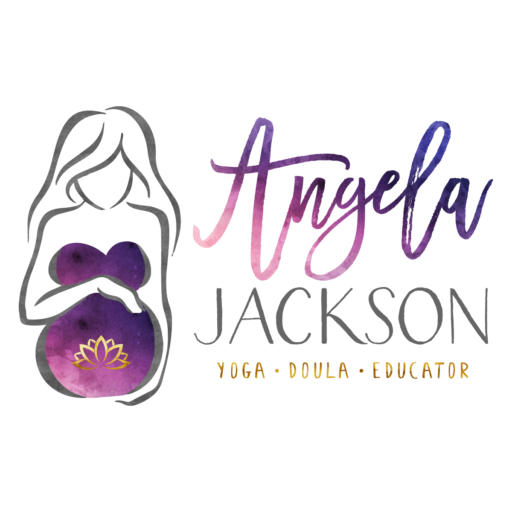Pregnancy is a transformative journey marked by numerous physical and emotional changes. Amidst the excitement and anticipation, expectant mothers often seek ways to enhance their prenatal experience and prepare for the upcoming breastfeeding journey. One empowering technique gaining attention is prenatal breast hand expression. This gentle practice offers a multitude of benefits for both mother and baby, fostering a stronger connection and setting the stage for a successful breastfeeding experience. As a doula, I have been teaching this technique to my clients for several years and I have observed that those who practice prenatal hand expression generally have more confidence when starting to breastfeed baby. Learn about the benefits of prenatal hand expression
Read More » » »





